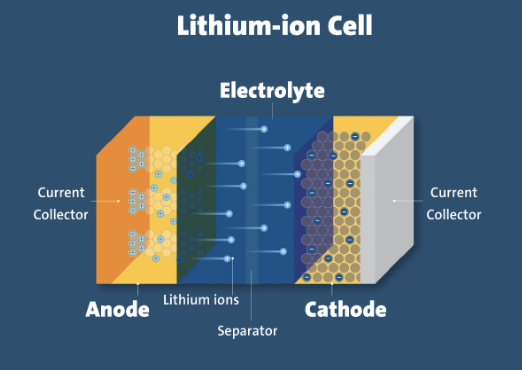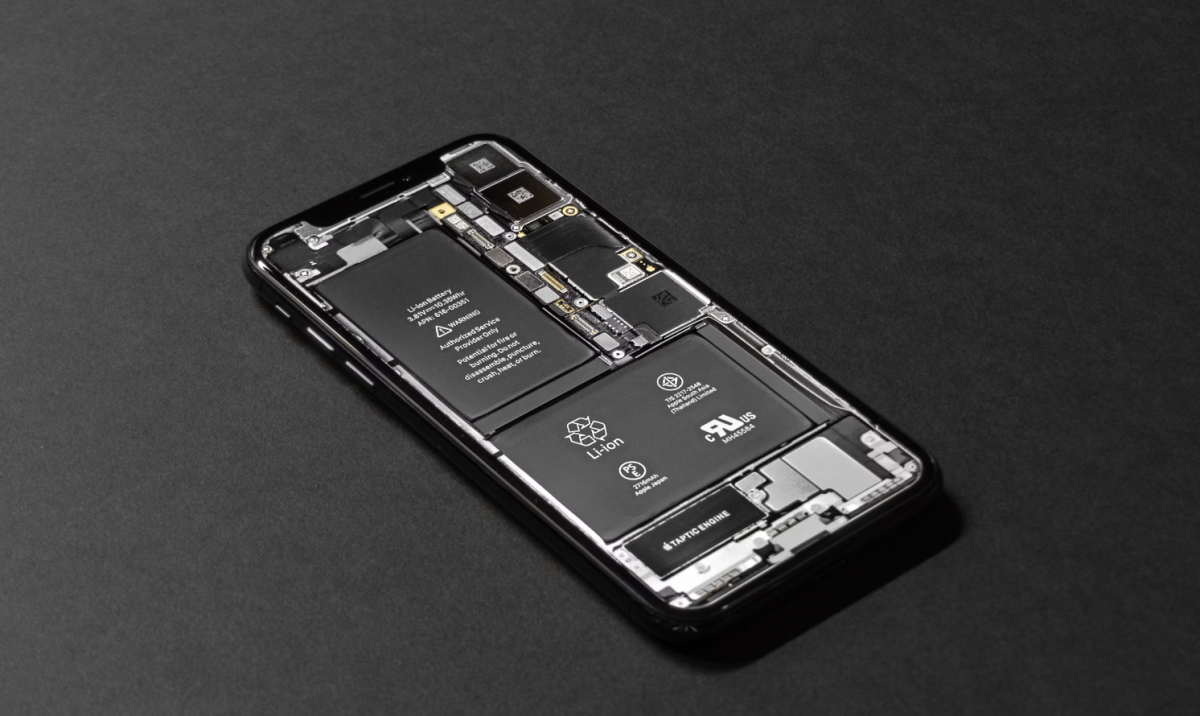On Sep. 12, a fire broke out in Southwest Portland, Ore. At around midnight, the battery of an electric scooter burst into flames, consuming the whole unit and displacing 11 people.
Hours later, the battery in a closet of a family house in Southeast Portland exploded and set the house ablaze. Fires caused by lithium-ion batteries are getting more common each year, with the batteries igniting 268 fires in 2023 and 171 fires this year so far.
What are lithium-ion batteries?
Lithium-ion batteries are a type of rechargeable battery that can be found in many electronic devices such as phones, computers, tablets, electric bicycles, electric scooters, and graphing calculators.

The batteries include lithium ions that move from the anode to the cathode and release electrons in the process. These free electrons move from the anode end of the battery to an external wire that powers the device back to the cathode end of the battery.
They have high voltage, so they can quickly charge devices, and low self-discharge, meaning that they do not lose a lot of electricity when dormant. These characteristics make them favorable for use.
Why do they explode?
These batteries are known to explode when they experience thermal runaway, a process that transpires when they overheat and ultimately leads to their failure, or their explosion. They overheat due to overcharge or high temperatures.
They can also catch on fire if the battery is damaged and leaks out the electrolyte liquid. This liquid is extremely flammable when it comes into contact with oxygen and will easily be set aflame.
Once ignited, the batteries can release toxic gasses, such as carbon monoxide and methane, into the air. The batteries can also explode with such force that makes them fly into pieces, risking the chance of being impaled by one of them. The fires can only be extinguished with water or with a lithium fire extinguisher. Regular extinguishers do not have the particular ingredients that can quench these types of fires, making these fires very dangerous.
How can you prevent it?
- Make sure that the battery or the device that has the battery is certified for use. If it has not gone through any quality tests, then it is possible that the device could be defective.
- Make sure that the battery/device is in good condition before using them. If they show signs of damage, such as bulging, or if the battery life seems to have shortened, immediately dispose of the battery.
- Make sure to charge the battery/device in an open space and not on top or near anything flammable. It will increase the chances of a fire occurring or will lead to more severe fires.
- Do not leave the battery/device in the sun for a long period of time. The heat from the sun will cause the battery to overheat.
- Do not charge the battery overnight. Leaving the battery alone will cause it to overcharge. Make sure to watch the battery as it charges.








